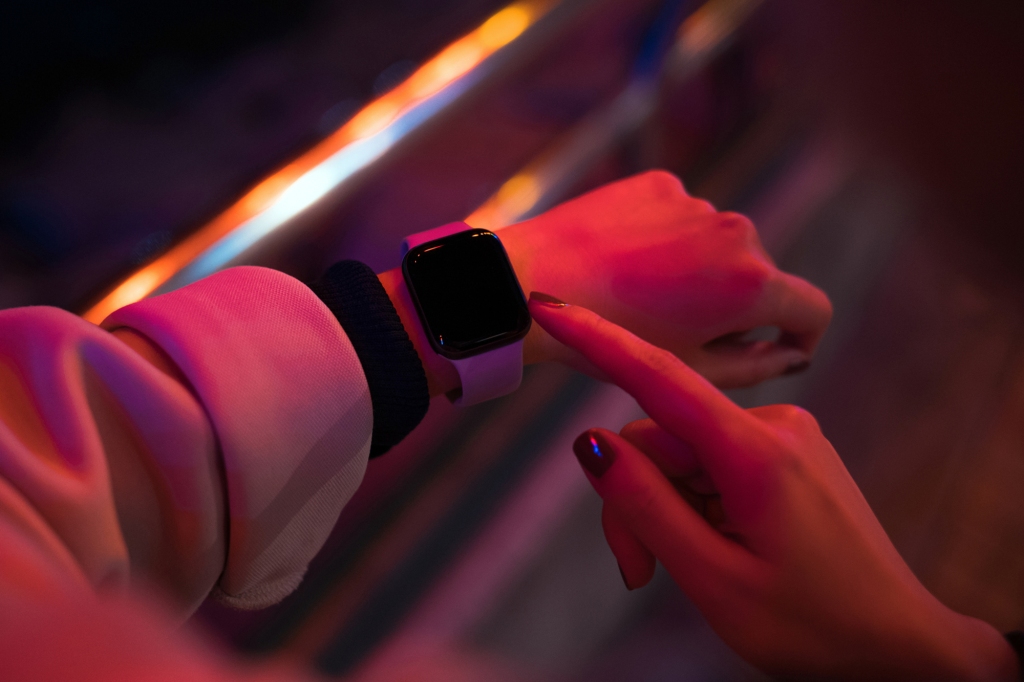2023 predictions from 1923 included Apple watches, no more cancer
A lot can change in a century — or not much at all.
A hundred years ago, scientists and sociologists looked into their crystal balls to the year 2023 and made a host of predictions — which ranged from the hysterically wrong to the shockingly accurate.
The would-be Nostradamuses — whose century-old forecasts were shared on Twitter by a Canadian professor — declared that by this year cancer would be eliminated, women would dye their teeth black, there would be a four-hour workday and that everyone would be so good looking “Beauty contests will be unnecessary.”
They also, however, correctly predicted the use of cell phones, drone warfare and the conquering of diseases such as polio and leprosy, according the now-viral Twitter thread, by Paul Fairie, a researcher and instructor at the University of Calgary.
One newspaper claimed that by 2023 the average lifespan would reach 100 years of age. While even that was far off the 76-year life span Americans averaged last year, some prognosticators in 1923 thought people may live to be 200 or 300.
“Quite a change,” the article joked. “We of today have been living that long about once a month.”
Several writers, meanwhile, foresaw a future full of beautiful, healthy people.
One article was partially correct, as it predicted that medical science would end cancer, as well as tuberculosis, infantile paralysis (or polio) and leprosy.
Another publication reasoned that the curing of disease would mean “Fewer Doctors” — and also boldly predicted “All People Beautiful” in 2023.
“Beauty contests will be unnecessary as there will be so many beautiful people that it will be almost impossible to select winners,” the article predicted. “The same will apply to baby contests.”
Only time will tell if the style trends and beauty standards predicted for 2023 will come to fruition.

One anthropologist, basing their prediction on masculine and feminine styles, boldly claimed “curls for men by 2023” would be the hottest fad.
Another article, published in the Savannah News, forecast that women will be blackening their teeth in 2023 — and also shaving their heads, which turned out to be just one year off from being right.
“It is now predicted that by the year 2023 — only a mere little stretch of a century ahead — women will probbaly be shaving their — heads!” the article claims. “Also the maidens may pronounce it the height of style in personal primping to blacken their teeth. Won’t we be pretty?”

While forecasters stopped short of predicting 2023 would be the year for flying cars —they did make forecasts about technology that often hit the mark.
One writer correctly foresaw that in 2023, “watch-size radio telephones will keep everybody in communication with the ends of the earth.”
Archibald Low — who developed the first drone — looked into his crystal ball and accurately foresaw that “the war of 2023 will naturally be a wireless war,” due to “wireless telephony, sight, heat, power and writing.”

Meanwhile, one paper foresaw the growth of aviation in the future, predicting that in 2023 it would take 18 hours to fly from Chicago to Hamburg, Germany. They were actually not bold enough in their forecast, as it actually only takes about 9 1/2 hours now.
Meanwhile, one newspaper began what would become a continual prediction over the next century — the death of the newspaper itself.
“In reading a forecast of 2023 when many varieties of aircraft are flying thru the heavens, we do not begin the day by reading the world’s news, but by listening to it for the newspaper has gone out of business more than half a century before,” the newspaper, which was not identified in the clip, claimed.
After the thread of his clippings took off, Fairie told NPR he thinks it’s revealing that much of what people were concerned about 100 years ago remains relevant — though his main takeaway was to “just be modest about the certainty of predictions a century out.”
Read the full article Here


